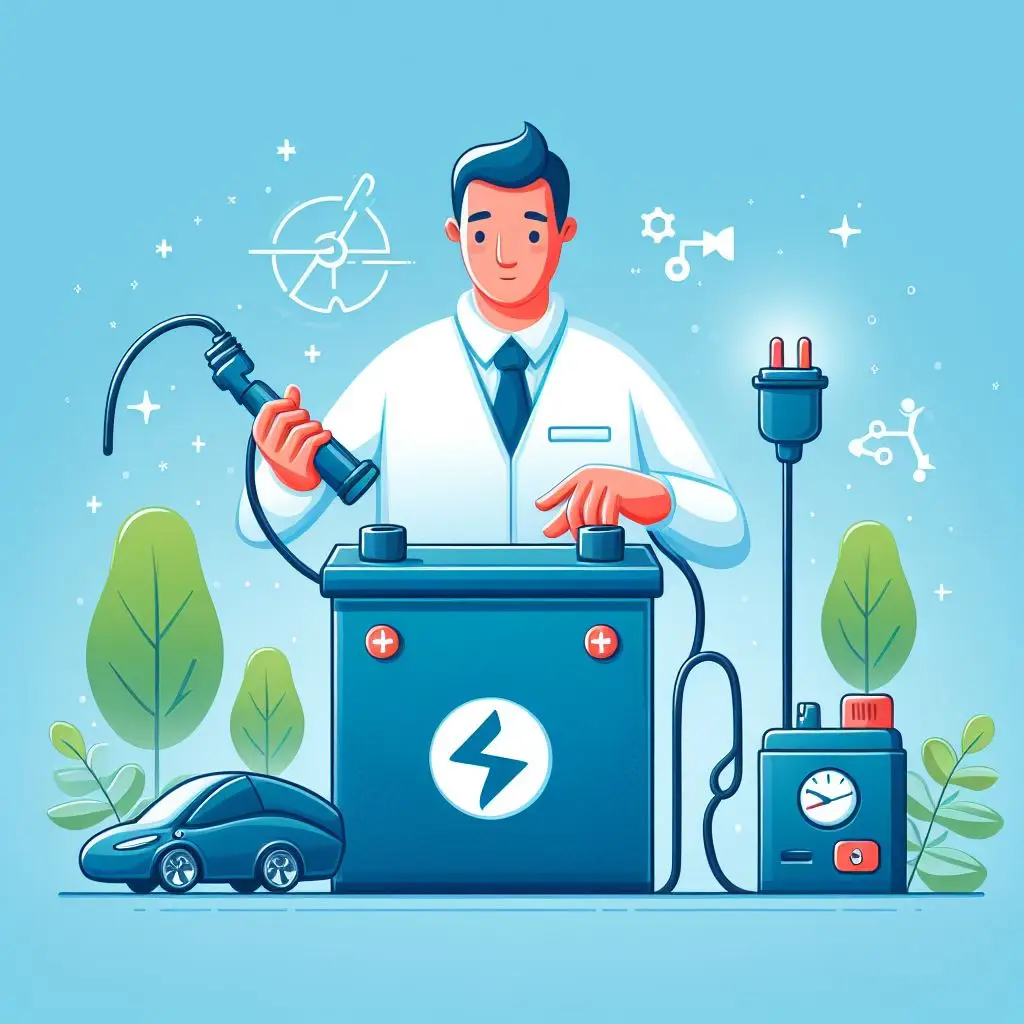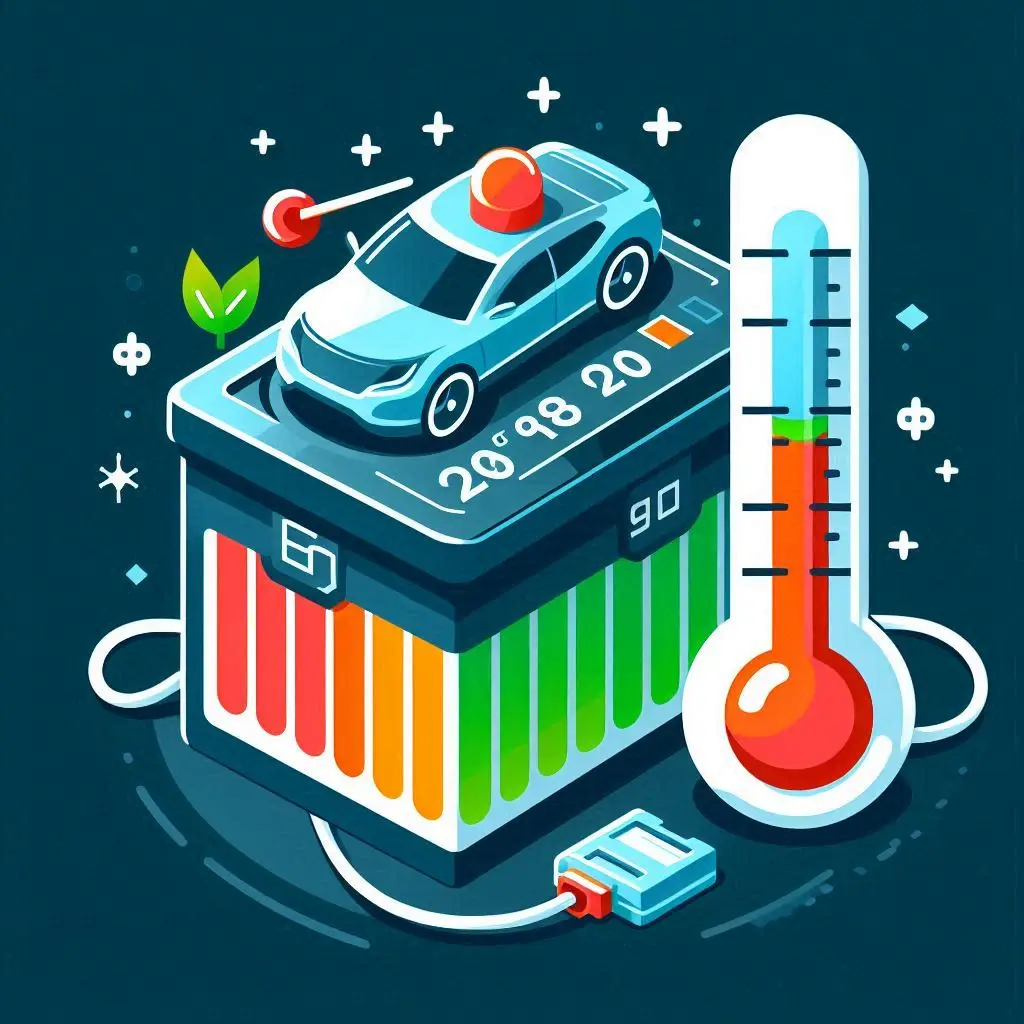How often should I charge my electric cars battery?
- How much should I charge my EV battery?
- Will fast chargers ruin my EV battery?
- Can I let my EV battery run flat?
- Is it good to charge to 100%?
- Why does charging slow down as the battery gets full?
- What’s the difference between AC and DC charging and why does this matter?
- What’s the best way to maintain my EV battery health?
These are just some of the questions I hear all the time about electric cars and their batteries. Well let’s try to get through this lot and then I’ll see who still has questions that I haven’t answered.
Personally I believe the whole battery degradation thing to be a bit over-hyped. I’ve seen plenty of projections that a well looked after battery will last more than two decades. Even if you don’t look after your battery, it will probably last longer than the car. I haven’t seen many people needing battery replacements. Having said all that, why take chances, and minimising degradation can only be a good thing. Why lose range if you don’t have to. Here are all the tips I’ve been able to pull together.
How often should I charge and how much should I charge?
Well, like many things, there’s no one right answer. If you’re travelling a long commute, you’re probably going to want to charge most days. If your commute is shorter then maybe every 2 or 3 days. What matters here is how many times the battery goes through a full discharge. Some research at the Battery University site tells us batteries last longer when kept in a relatively small range. Keeping the state of charge (SoC) between 65% and 75% is apparently optimal, but who’s going to be able to maintain that?
50% to 75% is marginally worse, but stil pretty good. Personally I aim to keep above 40% and only regularly charge to 80%. Road trips are going to affect that, but for my weekly commute, I can usually easily stay in that range. Battery university suggests an EV battery is likely to last up to 20 years with decent care and by keeping a relatively narrow SoC range. Charging your electric car 20% 5 times is theoretically one full discharge (5×20%=100%), but it’s far better for the battery than letting it deplete to 0%. More frequent smaller charges are the go.

Will fast chargers ruin my battery?
It has been shown that fast chargers do degrade batteries more than the slower AC chargers. Most people charging at home (solar or off-peak grid) can use a level 2 AC charger to charge at 7kW or up to 22kW if you’re luckey enough to have 3 phaser power and your car supports the faster rates (mine will only go to 11kW on 3 phase). This 7kW rate gives you 42kW during a midnight to 6am offpeak, and probably similar on an average sunny day from solar. This is plenty for most people’s daily commute. Occasional fast charging should be OK, but I wouldn’t rely on fast chargers all the time if you want to get the most out of your battery longer term.
Can I let my battery run flat?
This is a bad idea for a number of reasons.
-
- If your battery is running flat, chances are you are not at a charger. This means you need a tow, or a top up before you can go anywhere.
- Such deep discharge is generally bad for battery health, as it stresses the battery cells..
-
- On a raod trip, I like to plan to keep at least 30% in the battery for contingency. If I get to my next charger with 30% and find it’s broken or has a massive queue, I have something spare to find another. This isn’t always possible, especially if I don’t want to go over 80%, but it makes for a decent safety margin.
-
- When chargers become more common, I may review this and treat my battery a bit more like a petrol tank, happily cruising in on mere fumes, but getting under 10% isn’t good for battery longevity, so probably not.
Why does charging slow down after 80% and what are the differences between AC and DC charging?
This is particularly true on fast DC chargers. The battery management system (BMS) is tuned to slow down to prevent overheating and battery stress. This is designed to preserve battery life. Charging etiquette tells us we shouldn’t be clogging up a fast charger trying to get that last 20% at a slow rate, especially if there are others waiting. If you’re looking to save time on a road trip, it’s usually faster to get going at 80% and stop again for a faster charge down the road once you’ve used up some of that energy.
Charging with slower AC doesn’t seem to have nearly as much slow down, but you’re starting at a lower rate anyway. One tactic to get up over 80% is to charge to 80% on a fast charger and then move to a slower AC charger for the last 20% e.g. top up to near 80% at a fast charger before arriving at your hotel, then use the AC destination charger overnight. This means you can safely get up to 100% overnight before setting off in the morning and might also save you a few dollars as the overnight charging will likely be much cheaper or even free.
Look out for my blog post on the different types of chargers coming soon.
Should I regularly charge up to 100%?
In short, I believe not. Occasionally going to 100%, especially overnight before or during a road trip is probably justified and worthwhile. I charge to 90% occasionally, especially if bad weather is predicted and solar isn’t going to be effective. Some manufacturers do recommend charging to 100% once a month, but the jury is still out on whether this is a good idea or not.
The bottom line:
Battery health and degradation in your EV are important. The media has played up the costs of battery replacement and there has been some scaremongering. In general your battery will have a decent manufacturer warranty and degradatioin, while real, can be contained. Battery replacement costs in future will likely drop, and chances are by the time you need a new battery you’ll be able to get something bigger and better for lower cost. How much effort you want to go to to preserve your battery is a matter of choice. Future resale value of your vehicle will depend on degradation levels. Smart second hand buyers will insist on checking this. It’s going to take a bit more time and a lot more data to defintively answer some of these questions. I’ve gone with the best information I’ve been able to find so far to maintain my EV battery health.
Some references:
https://www.theaa.com/driving-school/electric-vehicles/advice/extend-ev-battery-life
https://batteryuniversity.com/article/bu-808-how-to-prolong-lithium-based-batteries
https://batteryuniversity.com/article/bu-1004-charging-an-electric-vehicle
https://www.evolutionaustralia.com.au/six-ways-extend-ev-battery-life

